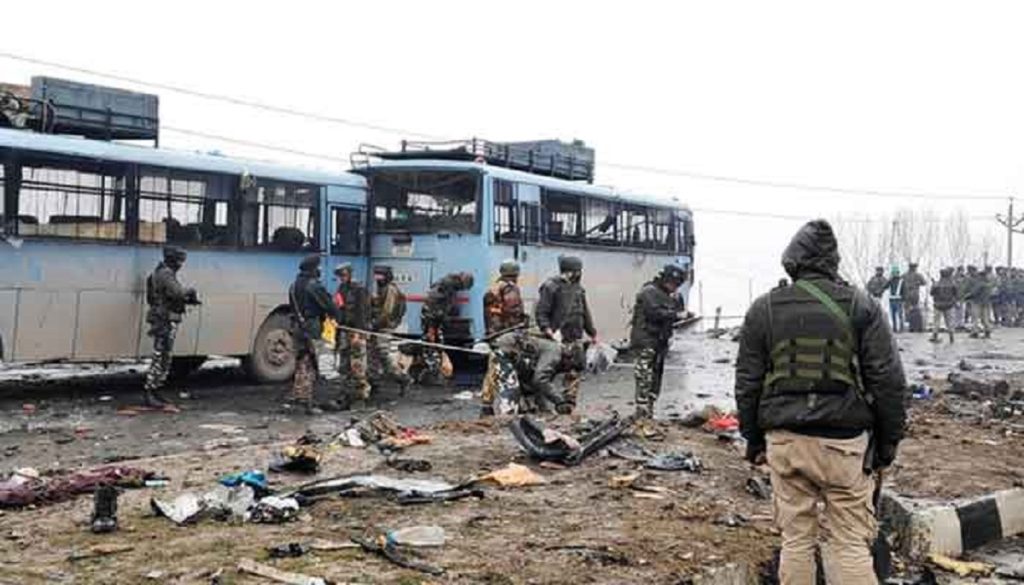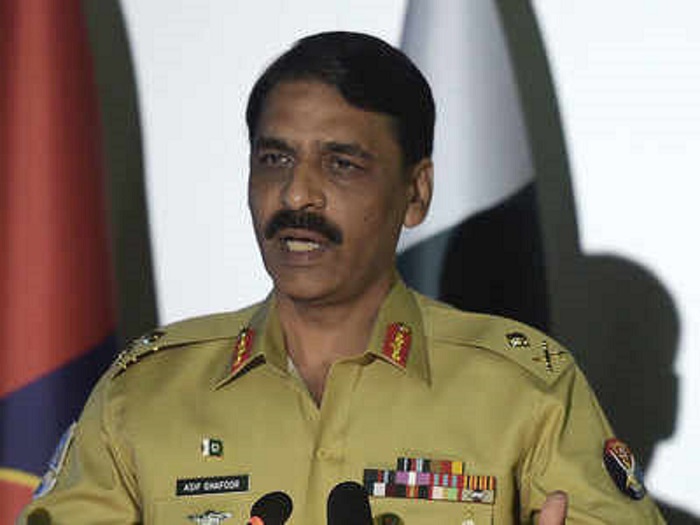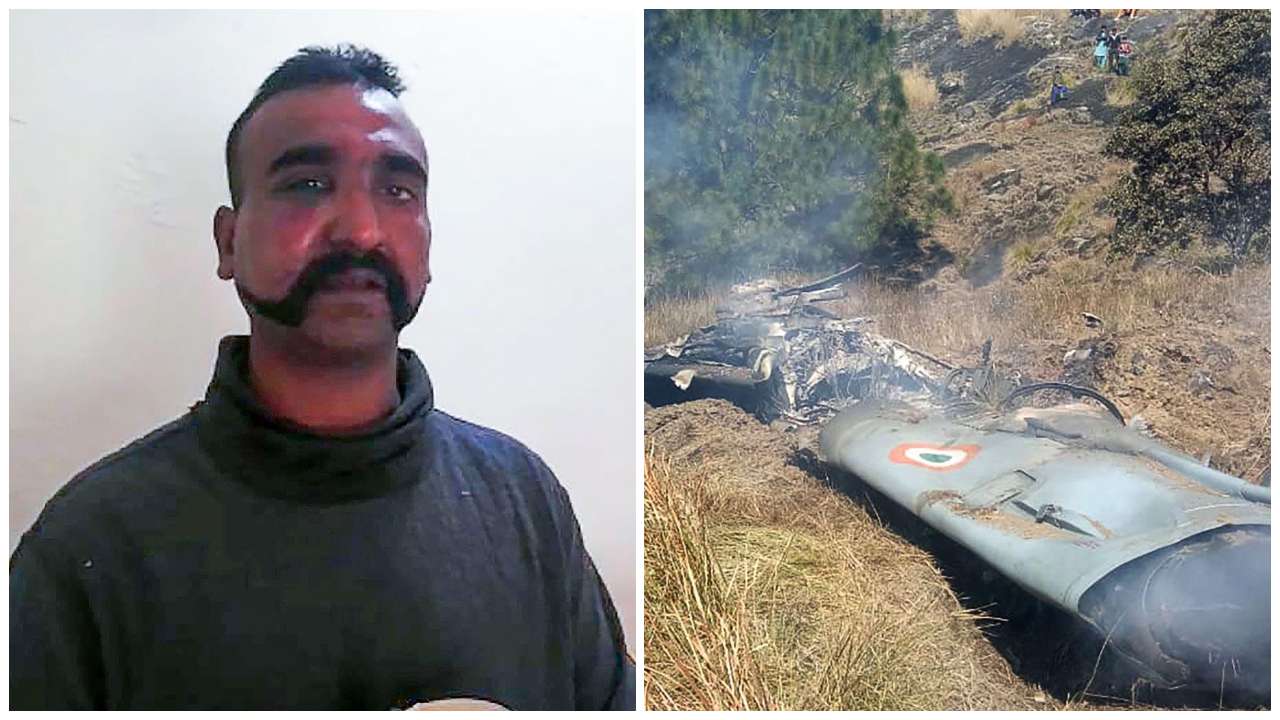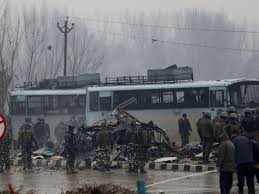On February 14, 2019 a suicide bomber attacked a convoy of vehicles carrying security personnel of India at Lethpora in the Pulwama district, Jammu and Kashmir, India. As a result of this suicide attack 40 Central Reserve Police Force personnel along with the suicide bomber were killed as well as 35 were severely injured.

The very first reaction from the Indian side was to accuse Pakistan to support terrorism and terrorist activities. India accused Pakistan that the attack was conducted by Jaish-e-Mohammed, a Pakistan-based Deobandi jihadist terrorist group active in Kashmir lead by Masood Azhar. Soon after the accusation from India, the US also condemn the Pulwama attack and called Paksitan to take necessary action against terrorist activities from its territory. Amid this pressure from the International community, the Financial Action Task Force (FATF) also condemned the Pulwama terror attack and called for Pakista to comply with an action plan on terror financing or face further action. FATF also Pakistan grey-listed.
Pulwama Attack on CRPF camp and Pakistan’s Response
After allegations from the Indian military that ISI was supporting the perpetrators of the attack, Pakistan strongly condumened the attack and denied these accusations. Pakistan also made it clear that Jaish-e-Mohammed was banned in Pakistan and the Prime Minister of Pakistan Imran Khan said Pakistan is willing to cooperate on “actionable intelligence” and will take action if India provides solid proof that any Pakistani is involved in the attack. However, Pakistani establishment also feared that India would respond the attack with military action as it previously conducted a surgical strike on 29 September, eleven days after the Uri attack against suspected militants in Pakistani-administered Kashmir.

The fears turned true when India conducted a surgical strike on February 26 across the line of control in Pakistan and claimed to destroy a terrorist camp in Pakistan and killed around 300 terrorists. The operation by the Indian Air Force (IAF) further escalated the tension between the two countries and put a lot of pressure on the newly established government in Pakistan to respond to this intervention from India. Meanwhile India also paved the way for the operation by propagating to the international media that Pakistan was responsible for all the terrorist activities and that the international community should force Pakistan to take measures to eradicate terrorism from its soil. As a result, when India conducted the surgical strike, no international response came as to why India intervened into a sovereign state.
According to the Indian foreign secretary Vijay Gokhale, “India struck the biggest JeM terror camp in Balakot, run by Mazood Azhar’s brother-in-law.” Mr. Gokhale informed the media that the operation involved 12 Mirage 2000 jets which dropped 1,000 kg of bombs to completely destroy major terror camps in Balakot, Chakothi and Muzaffarabad. This operation put a lot of pressure on Imran Khan to respond to this operation.
Pakistani Attack in India after Pulwama
Responding to the surgical strike by India, Major General Asif Ghafoor warned India that she must get ready for a surprise from Pakistan. This surprise came within 24 hours when, on February 27, Pakistani jets crossed the Indian airspace and dropped bombs near Nowshera sector in J&K’s Rajouri district. Two Indian Air Force jets were also shot down and indian pilot abhinandan was arrested by Pakistan. The Pakistani attack was really a surprise for Modi who was sure to win the forthcoming election due to his surgical strike and put him on back foot due to the arrest of the pilot. This attack also balanced the power of both countries and alarmed the international community of possible nuclear war that would endanger the whole Asia.

The major role of lowering the tension between the two nuclear powers was that of the US. Mr. Trump told the media that he has received positive news from both the countries and that the tension is easing between them. He also stressed on both the countries to resolve the issue through dialogue.
The response from China, Saudi Arabia and the United Arab Emirates was mixed as these counties have their own vested interests in Pakistan as well as in India.


Comments are closed.